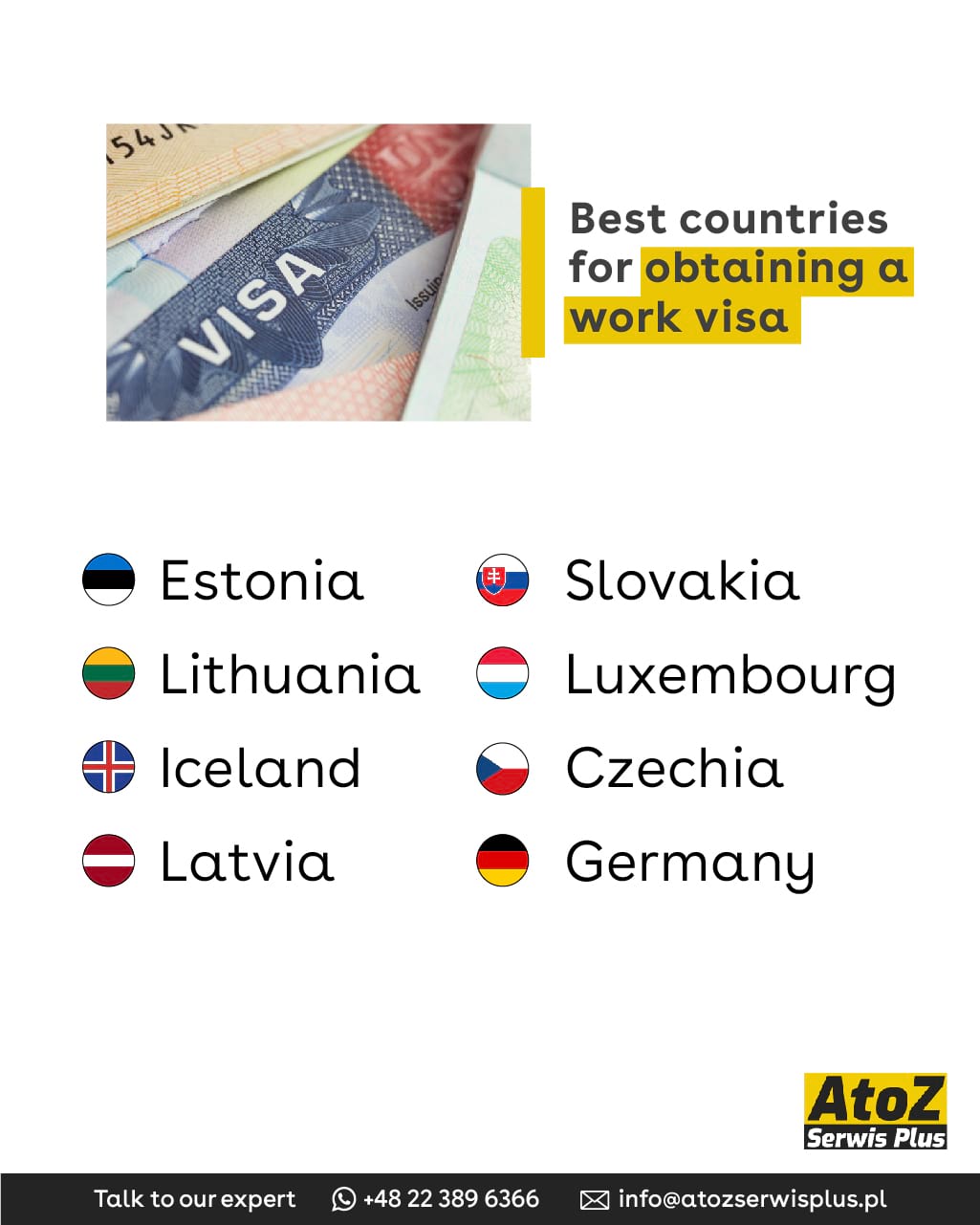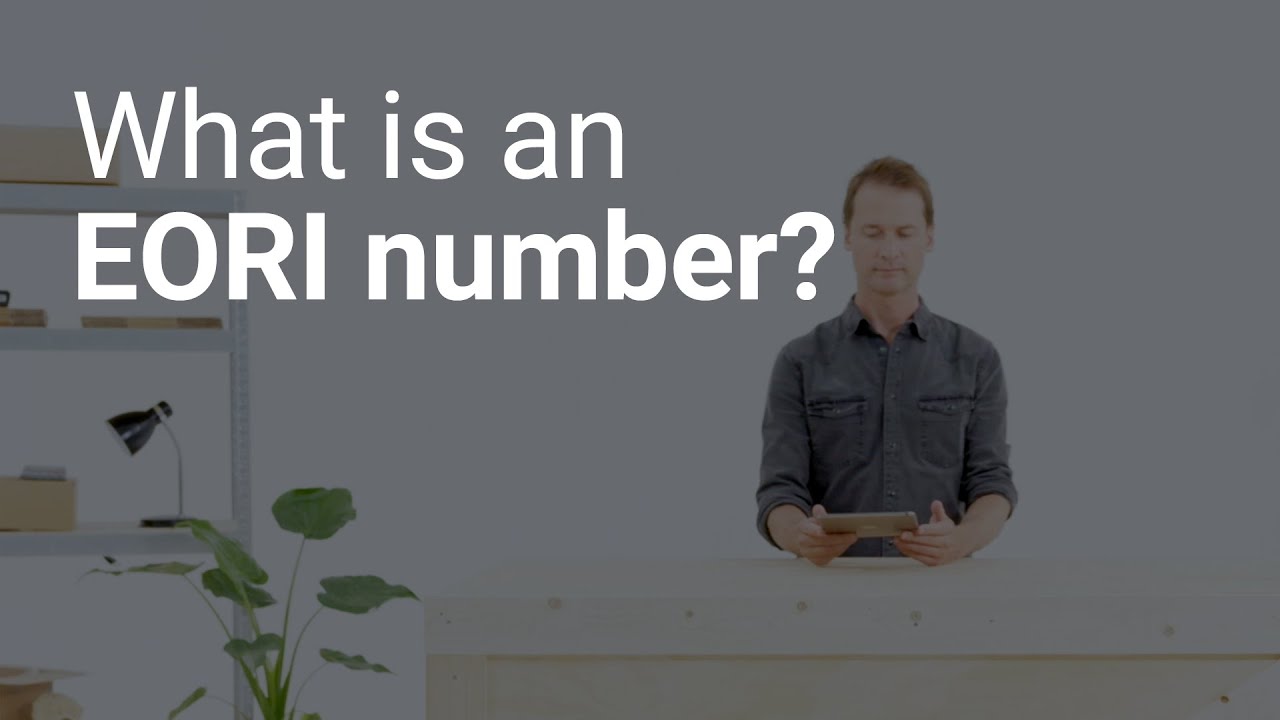

Starting a GmbH in Germany
The GmbH, which stands for the Gesellschaft mit beschränkter Haftung, is the limited liability company in Germany. This type of business entity can be incorporated by an individual or by another company and has legal capacity. It is the type of company most commonly used in Germany because of its flexibility and the fact that the liability of the members is only limited to the amount of invested capital.
The general traits of the GmbH are summarized in the list below:
- Capital: this type of company has a minimum share capital of at least 25,000 euros;
- Shareholders: there are no restrictions on the number of shareholders or their nationality;
- Directors: the company is run by a supervisory board, as described in the Articles of Association;
- Management: the GmbH can have one or more managers who do not have to be shareholders.
Our team of lawyers in Germany can help you open a limited liability company and can assist you throughout the company formation steps. Our lawyers can also help you register a trademark in Germany.
Foundation of a GmbH in Germany
The German GmbH is a legal entity that benefits from rights and duties separate from the shareholders’ rights and duties. It can own assets, movable, and immovable property. The GmbH in Germany requires at least one shareholder and a start-up share capital of 25,000 euros, while the nominal value of a share must be 1 euro. At least 25% of the cash contribution and the entire non-cash contribution (where applicable) must be paid up before registration. In total, this initial contribution must be no less than 12,500 EUR. The liability for the company’s business activities is limited to the GmbH’s assets and not the shareholders’.
In order to found a GmbH in Germany the following steps must be established:
-knowing who the shareholders will be;
-writing the articles of incorporation;
-gathering the share capital;
-obtaining a notarized certification;
-a notarized application must be submitted to the Commercial Register Court for registration;
-the application will be revised by the Register Court;
-the GmbH will be registered with the Commercial Registry and notify all competent authorities about the incorporation;
-the registration of the business activity.
Articles of Incorporation of a GmbH in Germany
All the shareholders must sign the Articles of Incorporation of the GmbH and then notarize them. The Articles of Incorporation must contain the following data:
-
the name and the registered office of the company;
-
the object of activity or activities of the company;
-
the share capital with the number and value of the shares, and the capital contribution of the shareholders.
-
the name of the company is allowed to contain the name of a shareholder or the activity of the business followed by the abbreviation GmbH and the activity of the company must be clearly stated in the Articles of Incorporation.
Registration of a German GmbH in the Commercial Register
After the capital contribution has been paid, the German company may apply for registration with the local Commercial Register. The documents to be provided for registration are:
-
a notarized application form;
-
the Articles of Incorporation;
-
the identification of the managing director if his or her name is not included in the Articles of Incorporation;
-
a list of the shareholders and their identification data, and the nominal values of their shares in the company;
-
if the contribution has been made in kind, documents that prove the value of the contributions in kind is equal to the nominal value of the shares.
Taxation and accounting requirements
The limited liability company in Germany is subject to the corporate income tax of 15% to which a solidarity surcharge of 5.5% of the corporate tax is added. The effective corporate income tax rate is thus between 30 and 33%. Other taxes for companies include the municipal trade tax and the value-added tax.
The GmbH in Germany is subject to the German Generally Accepted Accounting Principles and the International Financial Reporting Standards. The annual financial statements are to be audited by a statutory auditor in the case of large and medium companies.
A GmbH that will be involved in trading in and outside the EU will need to have an EORI number.
Setting Up a Mini GmbH in Germany
The mini-GmbH is a variant of the widely popular GmbH or the German equivalent of the private limited liability company. It is popular among those investors who are planning on starting their own business but lack the capital needed to open the traditional company type. In some cases, the sub-form can be successfully used to start the business and it can later be changed into the GmbH once the share capital is reached.
The company formation process for the mini-GmbH is quite similar to the larger, usual business form. Our lawyers in Germany who specialize in company formation answer some of the most important questions about this business form further down in this article.
Choosing the right type of company depends on multiple factors, including the number of shareholders and the available share capital at the time of the incorporation. We advise investors to seek personalized advice from one of our experts in order to make a documented decision according to their business needs.
What is the German mini-GmbH?
The mini GmbH (Unternehmergesellschaft, UG) or limited liability entrepreneurial company is a sub-form of the regular German limited liability company or GmbH. The difference between the two types of companies in the share capital, meaning a mini GmbH in Germany requires a minimum share capital of 1 euro, compared to the minimum share capital requirements of 25,000 euros for a GmbH. The mini-GmbH is required, however, to compensate for the lack of initial capital by setting aside a quarter of its annual profit until it accumulates the minimum share capital of a GmbH. When the amount is reached the mini GmbH will become a German GmbH. The mini-GmbH will register with the German Companies Register only after it reached the full amount of the share capital.
How to set up a mini GmbH in Germany?
The mini-GmbH is established in the same way as the GmbH by a German notary. However, the procedure is much simpler, for a mini-GmbH with a shareholder being sufficient to fill out a template contract. The founder must also produce the passport and proof and proof of submitting the minimum share capital. It must be noted that a mini-GmbH in Germany must have its share capital paid in cash, as a share capital paid in assets is not allowed. Also, if the mini-GmbH has more than one shareholder, it is advisable to draft a customized contract. The name of the company will include the addendum for the type of company, UG, and not GmbH.
The mini-GmbH must be registered with the tax authorities and for social security. It is also important to note that once this company is registered with the relevant authorities, it will also have to apply for any relevant special permits and licenses, as needed for the particular business field in which it operates. More information can be acquired from the Chamber of Commerce or through one of our attorneys in Germany who is able to provide you with complete information, based on the nature of your business.
Once all the formalities have been completed, the notary will send the documentation to the Trade Register. Foreign investors setting up a mini-GmbH may also set up a German virtual office where the certificate of incorporation will be sent.
In order to set up a mini-GmbH, it is recommended to ask the services of a law firm in Germany.
What are the advantages of German GmbHs?
Besides the share capital requirements, establishing a mini-GmbH in Germany also has many other advantages. Among these are the uncomplicated registration procedure and lower costs of incorporations. Also, the mini-GmbH is a great alternative to the German sole trader as the liability of the founder will be limited to the company’s assets.
The management requirements for a mini-GmbH are lower than in the case of a regular private limited liability company and this can also be an important advantage for some investors. One manager can be enough for this company and he is appointed through a shareholder’s resolution (or as stated in the company’s articles of association).
In terms of taxation, German mini-GmbHs are subject to the same taxes like any other company. The main taxes include the following:
-
the corporate income tax rate: this is 15% and it is the main tax applicable to companies;
-
the value-added tax: it has a 19% standard rate, with another reduced rate of 7% for some types of goods and services.
-
the withholding tax: applicable to dividends, interest, and royalties, with varying values of 25%, or 0% in some cases; one of our tax lawyers in Germany can give you detailed information about these.
-
social security contributions: the company will generally cover approximately 50% of the social security contributions; the rates vary.
-
other taxes: the real property tax, the transfer tax, and the municipal trade tax are examples of other taxes applicable to companies in Germany.
The mini-GmbH owners will also be required to observe the requirements for annual filing and tax reporting. The tax year can be the same as the calendar year but in all cases, it cannot exceed a twelve-month period. Separate tax returns are filed by companies and this is done electronically. Quarterly advance corporate tax payments are due. A late or incorrect filing is subject to penalties of up to 0.25% of the due tax value.
The mini-GmbH retains one of the essential characteristics of the regular GmbH: it is a limited liability company and the investors are protected in case of bankruptcy. This business form can be successfully be used by entrepreneurs as an alternative to the sole trader, an even simpler business form but one that does not offer the advantages of limited liability (in this case, the founder is liable with all of his assets).
While in most cases the regular GmbH is looked upon as the most common business form and therefore a reliable and trustworthy one, the mini variant can be used by entrepreneurs and then changed into the regular type once the share capital is reached. According to law, the mini version is a transient stage, with every such company eventually growing and becoming a GmbH. Limitations on dividend receipts for shareholders can apply in the case of the mini variant.
When choosing the business form, or more specifically when choosing between a GmbH and a mini-GmbH, it is recommended to take into consideration not only the share capital but also the fact that the mini version will be an interim phase. We recommend seeking specialized consulting from one of our attorneys in Germany who specialize in company formation. For details about the costs of establishing a mini-GmbH, please contact our German lawyers.
Our team of lawyers in Germany can give you complete information about the regulations for limited liability companies. If you are thinking of starting a business in Germany you can contact our law firm in Germany.














